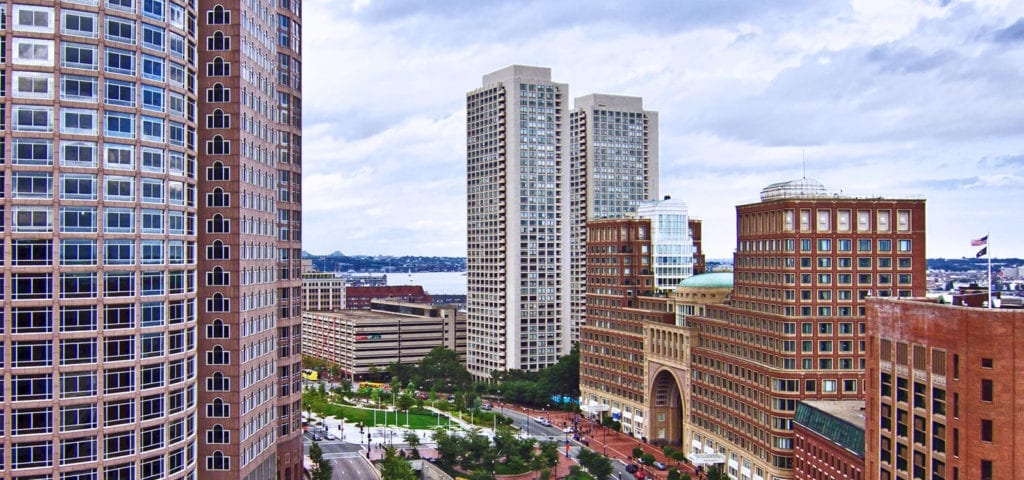The Massachusetts Department of Agricultural Resources has banned the sale of CBD-infused food and beverage products, raw CBD flower, CBD products that make any medicinal or therapeutic claims, and any dietary supplements, or animal feed containing hemp. The ban is based on federal Food and Drug Administration regulations banning the cannabinoid from food and other consumables.
According to the state guidance, other hemp products – seed and seed oil, hulled hemp, hemp seed powder, hemp protein – remain legal along with clothing, building materials, and other items made from hemp fiber.
The rules clarify that the state’s licensed cannabis cultivators and processors can buy and sell raw hemp flower – likely for extraction – but flower cannot be made available for retail sale.
“Failure to comply may result in enforcement action from the Department, DPH, the local board of health, or law enforcement. This may include the inability to sell any hemp-derived products in the future, the destruction or seizure of illegal products, loss of license, or further legal action to determine whether the product sold is in compliance.” — MDAR, Policy Statement Regarding the Sale of Hemp-Derived Products, June 12
In an interview with the State House News Service, Jim Borghesani, the spokesman for the 2016 ballot initiative that legalized cannabis in the state, called the new hemp rules “an absurd dichotomy” in a state with recreational cannabis sales. He added that while 54 percent of voters were in favor of legalizing cannabis “probably a lot more want access to hemp consumables.”
Rep. David Rogers, House chairman of the Cannabis Policy Committee, told the News Service that “there’s a possibility” the chamber will address the new restrictions on CBD “if need be.”
Just last week the House voted unanimously to allow farmers with agricultural deed restrictions to grow hemp.
Get daily cannabis business news updates. Subscribe
End
